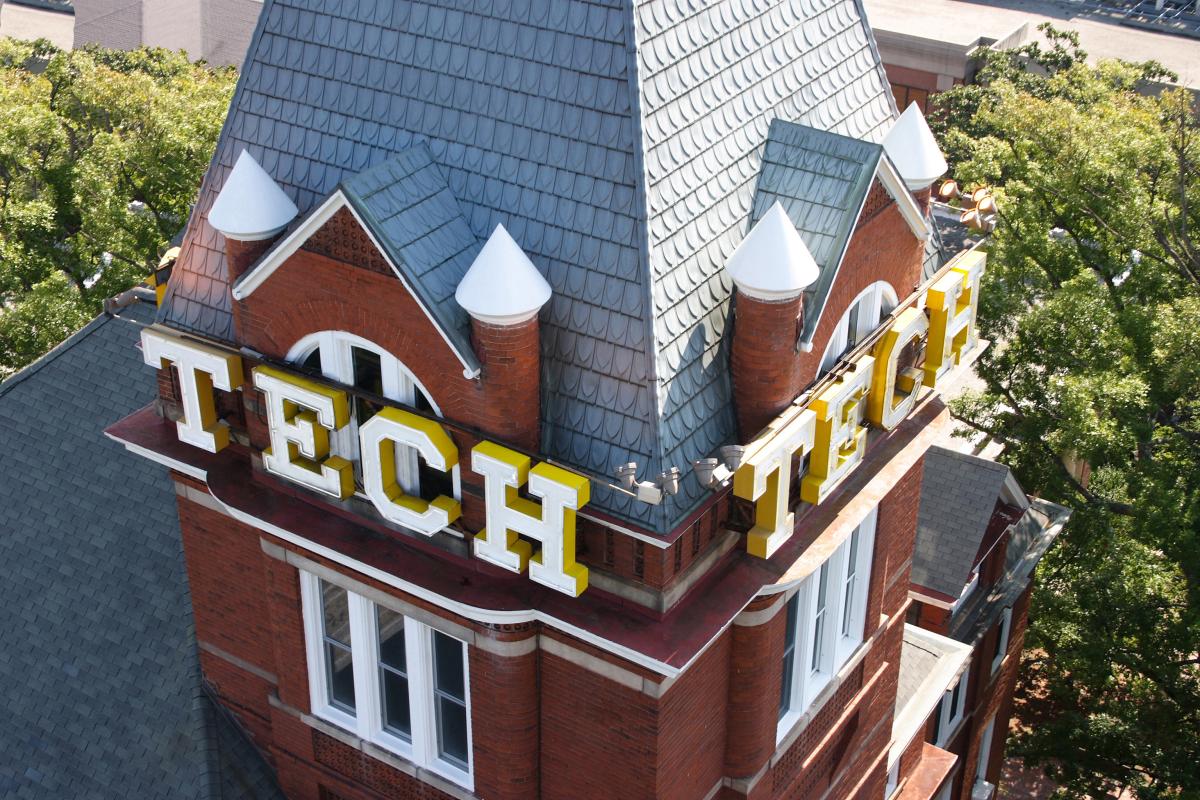
Ravi Bellamkonda, a professor in the Wallace H. Coulter Department of Biomedical Engineering at Georgia Tech and Emory University, has received a EUREKA grant from the National Institutes of Health to fund research to treat invasive brain tumors by designing a way to capture the migrating cells that spread the disease.
Bellamkonda's Research
Bellamkonda and his team will be using the EUREKA grant to focus on medulloblastomas which are highly malignant brain tumors that account for over 20 percent of pediatric brain tumors. The research team plans to develop a system that will excavate brain tumor cells by directing them away from their location in the interior of the brain to a more external location where they can be removed or killed. Nanofiber-based polymer thin films coated with biochemical cues will be aligned in the brain to provide a corridor for tumor cells to follow to a gel-based ‘sink’ where they will be captured and safely removed or encouraged to die through chemical signaling.
Current Info on Medulloblastoma
Medulloblastoma is the most common malignant brain tumor seen in children, with the five-year survival rates for children with this cancer ranging from 50 to 70 percent. Current treatment for medulloblastoma consists of surgery followed by radiation therapy to the brain and spine and up to one year of intensive intravenous chemotherapy.
The NIH EUREKA Program
The EUREKA -- Exceptional, Unconventional Research Enabling Knowledge Acceleration -- program helps scientists test new, unconventional ideas or tackle major methodological or technical challenges. The National Cancer Institute is providing more than $1 million for the EUREKA grant.
